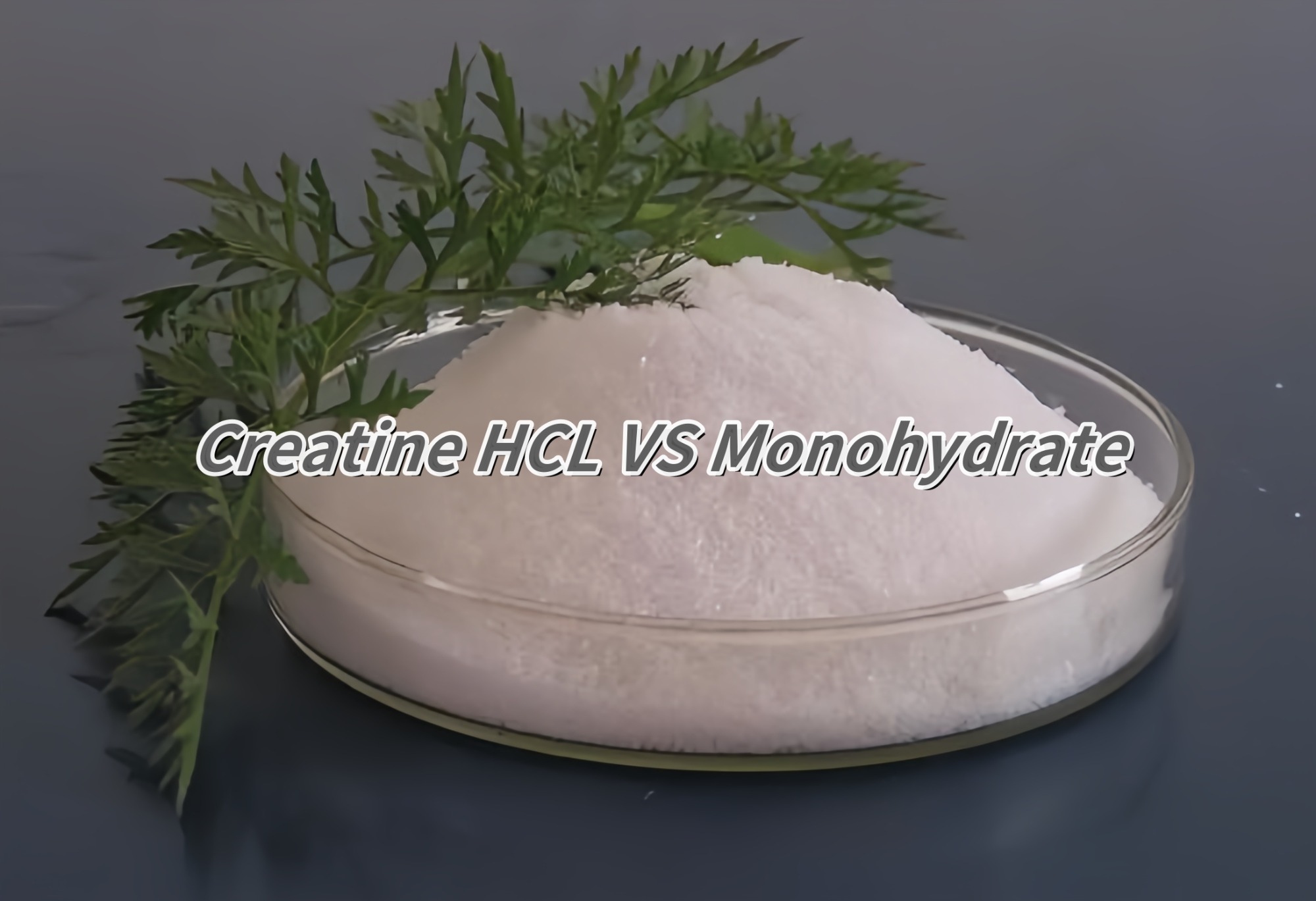Collagen, a vital protein in the human body, serves as the building block for skin, bones, muscles, and connective tissues. With the growing popularity of collagen supplements, two primary sources have emerged: bovine collagen derived from bovine skin and fish collagen sourced from fish skin and scales. In this comparative analysis, we'll explore the differences between bovine and fish collagen, including their sources, nutritional profiles, bioavailability, and potential benefits.
1. Source:
-
Bovine Collagen: Bovine collagen is extracted from the skin, bones, and connective tissues of bovine.
-
Fish Collagen: Fish collagen is obtained from the skin, scales, and bones of various fish species, such as cod, salmon, and tilapia.
2. Nutritional Composition:
Both bovine and fish collagen contain similar amino acid profiles, including glycine, proline, and hydroxyproline. However, the specific composition may vary depending on factors such as species, age, and processing methods.
- Bovine collagen tends to have a higher concentration of type I and type III collagen, which are abundant in skin, bones, and connective tissues.
- Fish collagen, on the other hand, may contain more type I collagen, which is known for its skin-rejuvenating properties.
3. Bioavailability:
Bioavailability refers to the body's ability to absorb and utilize nutrients effectively. When comparing bovine and fish collagen:
- Bovine collagen molecules are larger, requiring more extensive hydrolysis (breaking down) during digestion for absorption. However, Once broken down, bovine collagen is easily absorbed by the body.
- Fish collagen has smaller peptides, which are believed to be more readily absorbed due to their lower molecular weight. This may result in faster and more efficient absorption compared to bovine collagen.
4. Potential Benefits:
- Skin Health: Both bovine and fish collagen are praised for their ability to promote skin elasticity, hydration, and overall youthfulness. Studies suggest that fish collagen may have a superior ability to penetrate the skin due to its smaller molecular size, potentially leading to better skin benefits.
- Joint Support: Collagen supplementation is commonly recommended for joint health and mobility. While both types of collagen may offer joint-supportive properties, some studies indicate that bovine collagen may have a more significant impact on cartilage regeneration.
- Bone Health: Bovine collagen, with its higher concentration of type I and type III collagen, is often favored for bone health due to its role in bone formation and strength. However, fish collagen may still contribute to bone health through its calcium-binding properties and support for collagen synthesis.
5. Suitability:
The choice between bovine and fish collagen often depends on individual preferences, dietary restrictions, and specific health goals.
- Bovine collagen supplements are suitable for individuals looking for comprehensive skin, joint, and bone support. They are also preferred by those with beef-based dietary preferences.
- Fish collagen supplements may be preferred by individuals seeking marine-based alternatives, those with allergies to bovine products, or those looking for collagen with potentially faster absorption and skin benefits.
In conclusion, both bovine and fish collagen offer valuable nutritional support for skin, joints, and overall well-being. While bovine collagen is favored for its comprehensive benefits and potential impact on bone health, fish collagen may provide unique advantages in terms of bioavailability and skin penetration. Ultimately, the choice between bovine and fish collagen should be based on individual preferences, dietary needs, and desired health outcomes. By understanding the differences between these two sources of collagen, individuals can make informed decisions to support their health and vitality.

 Chondroitin Sulfate VS Hyaluronic Acid
Chondroitin Sulfate VS Hyaluronic Acid
 Creatine HCL VS Monohydrate
Creatine HCL VS Monohydrate